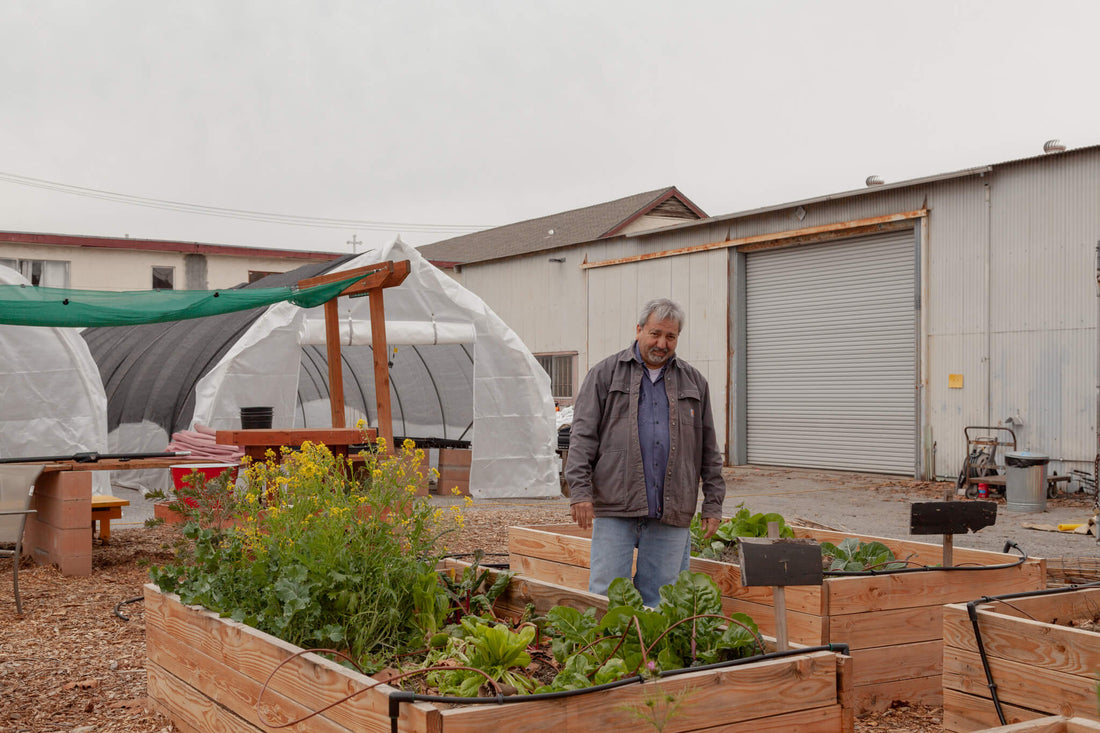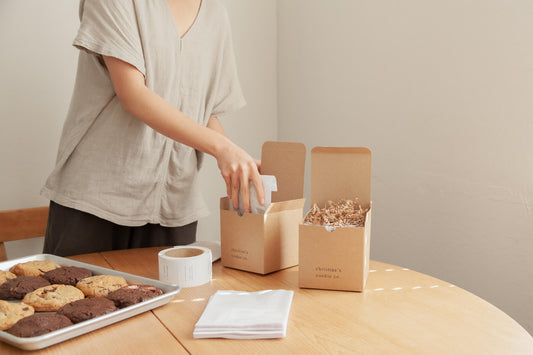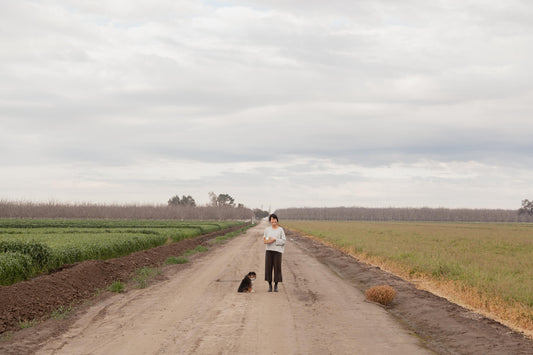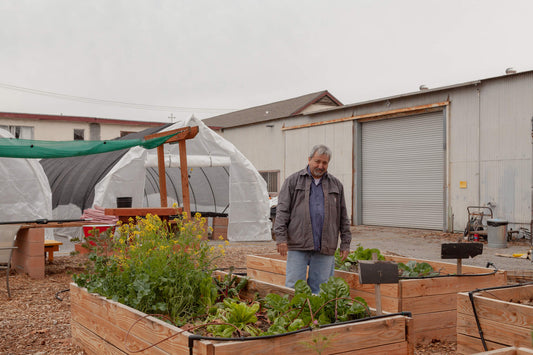At Christine's Cookie Co., we're always looking for ways to see how we can go beyond the business of making cookies. Beyond sourcing all organic ingredients, we look forward to highlighting organizations doing great work in food justice and sustainability in the Silicon Valley and beyond. This first interview is a real treat as we learn more about Valley Verde, a San Jose nonprofit dedicated to promoting food justice. They provide education, resources, and the means for low-income families to learn how to grow their own organic food. The following interview features Raul Lozano, Founder and Executive Director of Valley Verde, and it's our pleasure to feature his story in today's post.

Valley Verde is doing some fantastic work in the community - can you tell us a bit more about your story, what got you in this space, and why you continue to do your work?
I've worked in the nonprofit space for a long time, my longest stint being at a Chicano theatre company for 24 years. While I was there, I applied for a domestic gardener program and grew my interest in organic gardening, so I decided to start a nonprofit with my experience. When I left the theatre company in 2008 to begin my new venture was at the same time when the economy crashed and people started losing their jobs and homes. In the news, they would show families were inundating food banks, and I knew I should be teaching people how to grow organic vegetables.
I had laid out the vision, fundraising plan and hit the ground running with starting Valley Verde. Timing was everything - Valley Verde hit a critical need, and no one was doing it at the level I wanted. I was able to establish the resources needed under unfortunately dire circumstances. Even today, it isn't easy trying to raise a family on low pay in this area, and I want to help more people get access to healthy, organic food.
Could you describe food sovereignty for those who aren't familiar with the term?
Food sovereignty is a self-sufficiency model where individuals have the right to know how their food is produced and have access to food that is also part of their heritage if they're an immigrant or person of color.

Do you have any thoughts on how we can make organic food more accessible to all?
Growing food yourself is the best way to increase accessibility, but I understand that there are some roadblocks to get there - families may be time poor, it may take time for a community garden to come together, etc. Simply put, starting a garden takes time. But if you're motivated to feed your family healthy food on a budget, your vegetable bill will go down at least by 45% if you grow your food. Stay consistent, and you'll be able to enjoy the fruit of your labor.
Also, if you're an immigrant and want to grow vegetables in your home garden from your home country, it is very difficult because multiethnic seedlings are not available on the market.. Even though half the California population are people of color, a lot of the commercial growers only have conventional seedlings. So to increase access, we're beginning a nursery providing organic multi-ethnic seedlings so people can grow their heritage foods at home.

What are some steps people can take to advocate and support food sustainability, accessibility, etc.?
The problem with the urban agricultural movement is that they're zooming by low-income communities without asking their opinion on urban agricultural issues. Families want their children to eat healthy meals and live on a healthy planet. These families are being passed over because of the perception that lower educational experience or income doesn't mean they don't care about climate change or sustainability.
Valley Verde is involved in a few food justice coalitions that set a plan to get local politicians to move the needle when it comes to how land and water are used. Anyone can join a group such as the Santa Clara County Food System Alliance and get involved!
What are some ways we can get involved with Valley Verde during this time?
Go to our website and let us know that you're interested in volunteering. Our volunteer program is most active from February - May. We have 100 families enrolled in the program, and we need to build raised beds, get the soil ready, deliver food, and more. Families also grow winter gardens, so August - November is another busy season when we'll need volunteers. We're also going to launch our organic seedling nursery program soon in March, so please spread the word, or consider getting a few seedlings for your home garden to support our organization!









![Spade and Plow: Organic Growers With a Whole Lot of [Artichoke] Heart](http://cometochristines.com/cdn/shop/articles/Spade_and_Plow_Christine_s_Cookie_Co_1.jpg?v=1623459806&width=533)



